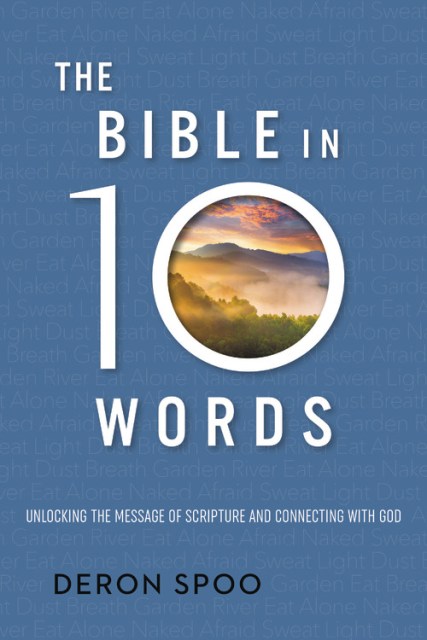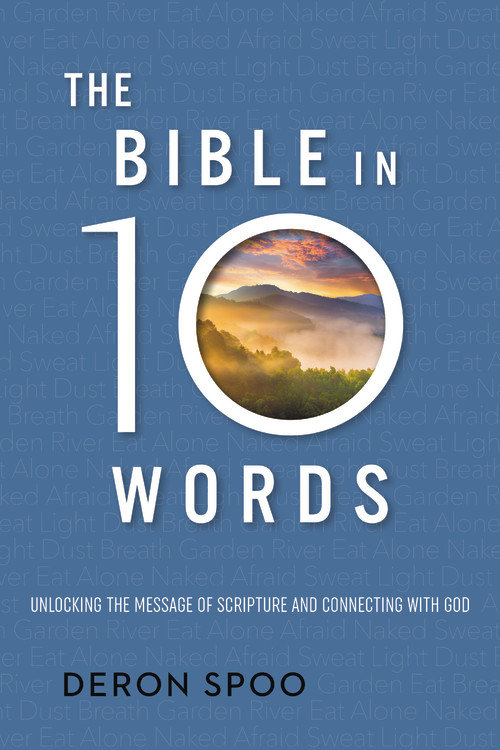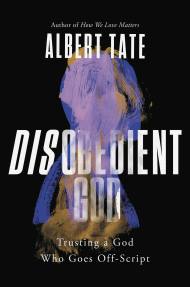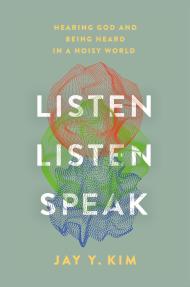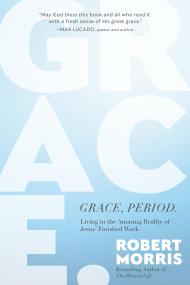Promotion
Use code MOM24 for 20% off site wide + free shipping over $45
The Bible in 10 Words
Unlocking the Message of Scripture and Connecting with God
Contributors
By Deron Spoo
Formats and Prices
Price
$20.00Price
$26.00 CADFormat
Format:
- Hardcover $20.00 $26.00 CAD
- ebook (Unabridged) $12.99 $15.99 CAD
- Audiobook Download (Unabridged)
This item is a preorder. Your payment method will be charged immediately, and the product is expected to ship on or around February 18, 2020. This date is subject to change due to shipping delays beyond our control.
Also available from:
Get a better understanding of the Bible through ten words that help define God's plan for restoring and redeeming our broken world.
The Bible contains around 750,000 words—a number that would intimidate even the most seasoned readers of the Bible. Yet, from the beginning of time, God set in place a plan to bring us back to the One who loves us.
Remarkably—as though God couldn't wait to tell us—this plan is telegraphed in the first few pages of the Bible and can be summed up in just ten words: light, dust, breath, garden, river, eat, alone, naked, afraid, sweat.
Deron Spoo traces each word through the Bible and explains how these words reveal God's plan for restoring our broken world. Each word is both rich in meaning and full of promise. Following the thread of each word as it appears and reappears in the Bible, The Bible in 10 Words offers a compelling glimpse of who God is and what He is saying to us.
The Bible contains around 750,000 words—a number that would intimidate even the most seasoned readers of the Bible. Yet, from the beginning of time, God set in place a plan to bring us back to the One who loves us.
Remarkably—as though God couldn't wait to tell us—this plan is telegraphed in the first few pages of the Bible and can be summed up in just ten words: light, dust, breath, garden, river, eat, alone, naked, afraid, sweat.
Deron Spoo traces each word through the Bible and explains how these words reveal God's plan for restoring our broken world. Each word is both rich in meaning and full of promise. Following the thread of each word as it appears and reappears in the Bible, The Bible in 10 Words offers a compelling glimpse of who God is and what He is saying to us.
Genre:
- On Sale
- Feb 18, 2020
- Page Count
- 224 pages
- Publisher
- Worthy Books
- ISBN-13
- 9781546014270
Newsletter Signup
By clicking ‘Sign Up,’ I acknowledge that I have read and agree to Hachette Book Group’s Privacy Policy and Terms of Use
